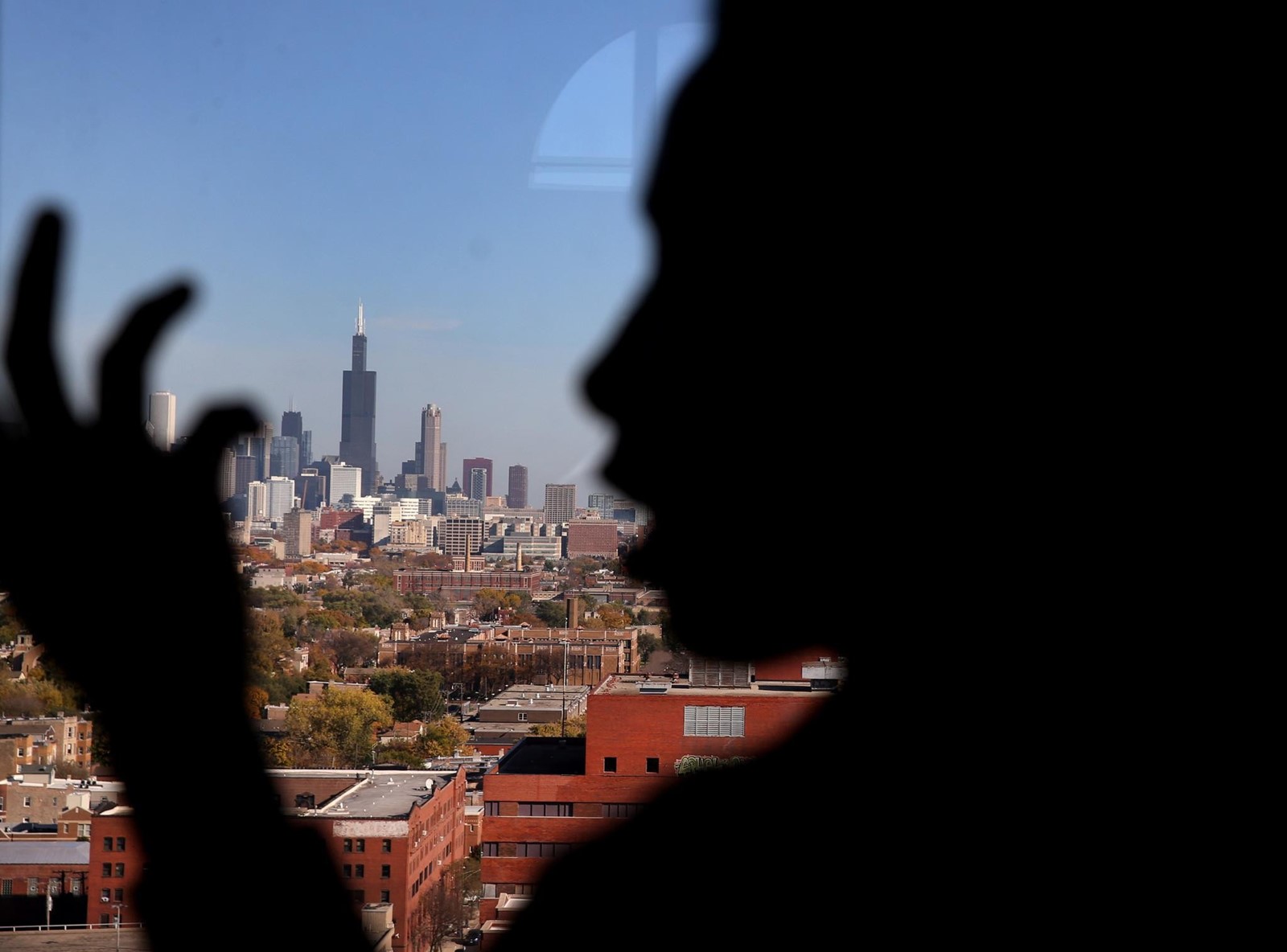
On Jan. 13, several Chicago news outlets covered the story of a man following a group of teenage girls around a North Side park and making salacious comments. One of the girls was my daughter.
The girls ran to a nearby friend’s home and called the police. One girl had taken a picture of the perpetrator, a white man in his 20s, wearing pajama pants. The police posted the photo, which was then shown on several media sites. Upon seeing the photo, the man’s parents contacted the police to turn their son in, as he has mental health issues.
Two days later, a respectful detective interviewed the girls again in a North Center home festooned with Black Lives Matters signs. The detective said that it seemed that the man had not committed any crimes, and that he was getting help for his mental health issues. The story, basically, ended well. The girls were unharmed and their sexual harassment was taken seriously. The man is getting needed mental health attention.
As a white woman in Chicago, I realize that the police response and the media interest in what happened to my daughter and her friends is a luxury. Would such a response by the media have occurred if girls of color had been similarly harassed? Would those girls have been encouraged by their families to call the police?
The history of distrust of the police runs deep in our communities of color. The legacy of Jon Burge, the murder of Laquan McDonald — these issues and others contribute to the predation of Black and brown girls, because predators know they are more likely to get away with crimes in communities that do not see law enforcement as being on their side.
An Urban Institute study in 2014 found that sexual predators believed that if they were caught trafficking women and girls of color, they would get less jail time.
According to the Chicago Children’s Advocacy Center, 40.4% of victims of sex trafficking are Black women, yet Black women only make up 13.1% of the U.S. population.
As Kiese Laymon writes with regret in his memoir, “Heavy
The organization A Long Walk Home, led by sisters Salamishah and Scheherazade Tillet,
To be sure, I am glad that my daughter and her friends’ harassment was considered worthy of attention, and I thank CPD for this. I am also grateful that the Police Department handled the situation of a mental health issue with sensitivity. This was an absolute grand slam of justice for all involved. But ...
Let’s make sure that people of all colors across the city receive similar treatment. Don’t let the perpetrators win out and harm young people because they know exactly whom they can get away with hurting.


 PREVIOUS ARTICLE
PREVIOUS ARTICLE
